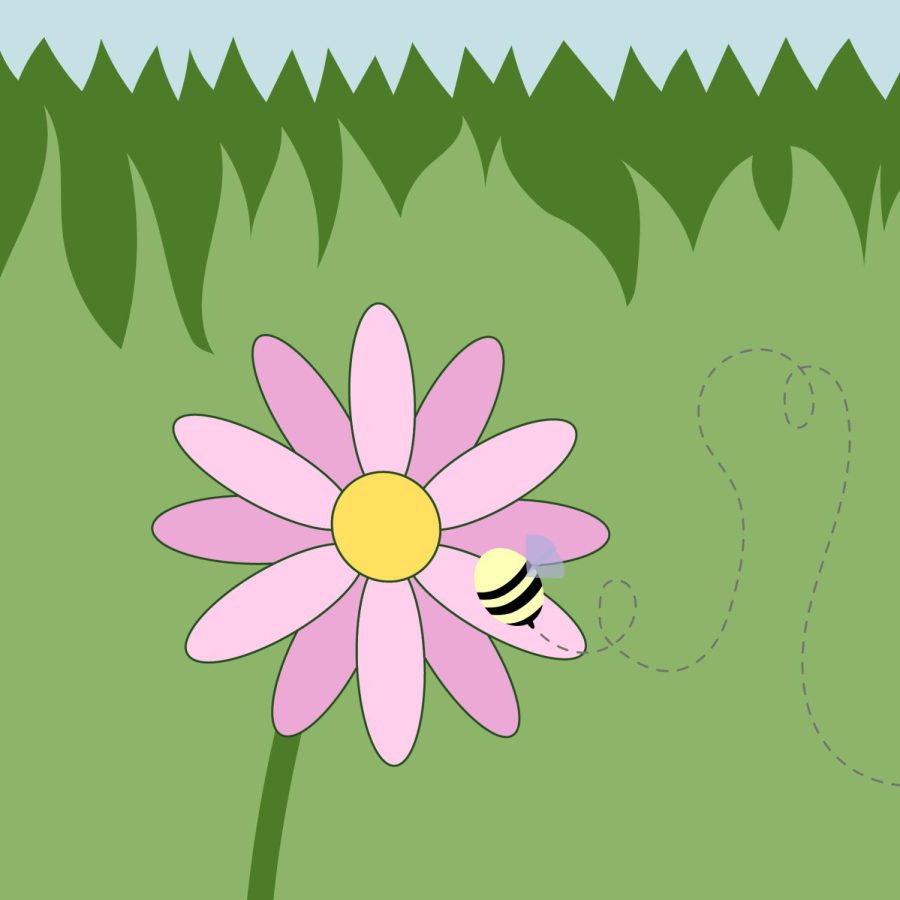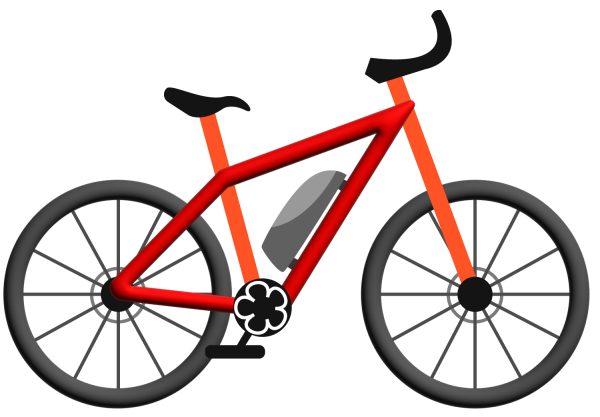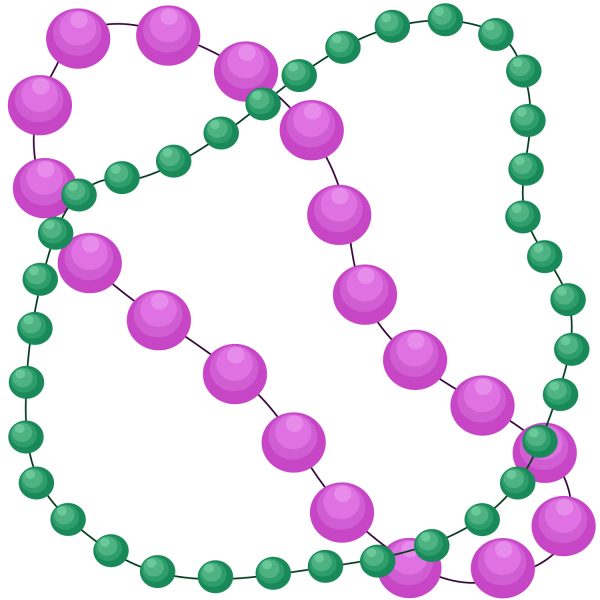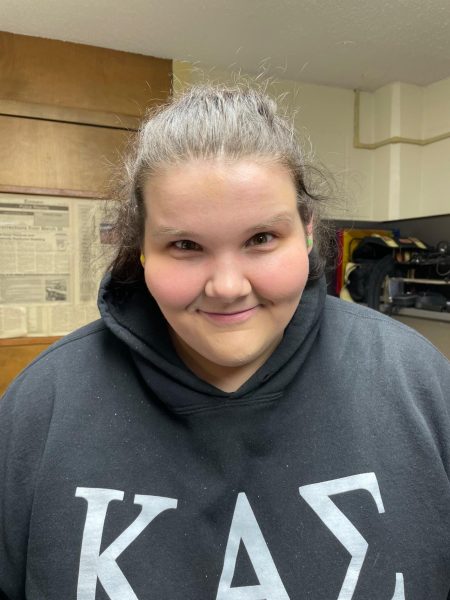Opinion: Our Land Stewardship Rocks
I recently saw that the Spring 2023 referendum included a question about whether the campus should pursue No Mow May, a conservation practice that includes not mowing during the month of May to allow early-season pollinators to thrive. 75% of respondents supported this practice.
I was ecstatic to see it, and I think it demonstrates the momentum of UW-Platteville’s constantly improving land stewardship.
Just last week, the REC folks were burning a prairie. Earlier this semester, my classmates and I in ESS were tapping maple trees on the Platteville M. Nowadays, in my Land Ethic Practicum class with Dr. Laura Dev, we’re experimenting with compost methods in the edible garden, and these are only the example I can think of off the top of my head.
Sure, the burns can be smokey, the hike up the M tiring, and the compost smelly at times, but I strongly believe that the authentic, organic moments we have through these (buzzword incoming) “high-impact” classroom experiences make my time at Platteville special.
It is the sort of thing that can not be taught in Lundeen Lecture Hall or any of the small classrooms in Doudna, and it is the sort of thing that sticks with a student because of its uniqueness.
While No Mow May is a bit too late in the semester for a classroom lesson, I think that the campus can build from the enthusiasm expressed in the referendum results.
Our campus hosts numerous environmental-centered degrees that, in total, span a wide range of disciplines and fields of study. I am sure that at least one class, one department, or one student organization could benefit from revegetating and managing some of our short-cut lawn spaces into pollinator plots or clover lawns.
Plus, students managing the land eases the workload from our facilities folks, and it is always good to give them a moment to catch their breath among the wonderful work they do around campus.
I think No Mow May is a great start, do not get me wrong. I am still excited and hopeful to see our management practices reflect the referendum.
I simultaneously think Platteville can take it a step further, too, and continue what I believe to be our growing legacy of robust, informed land stewardship that makes Platteville unique among the UW schools.











